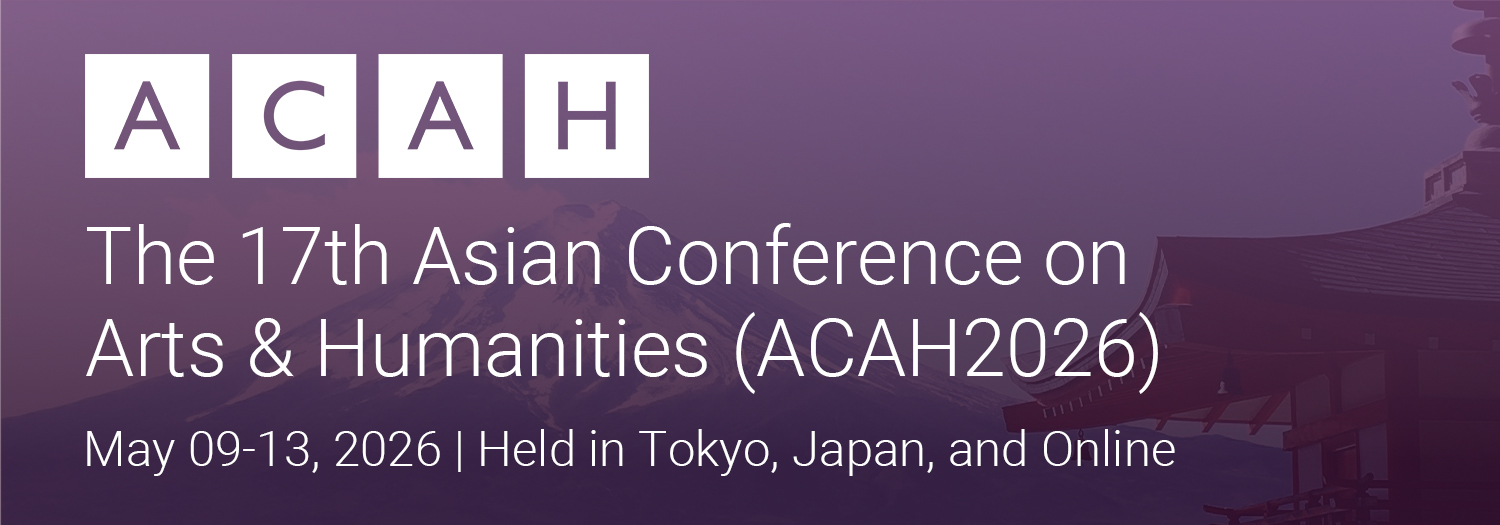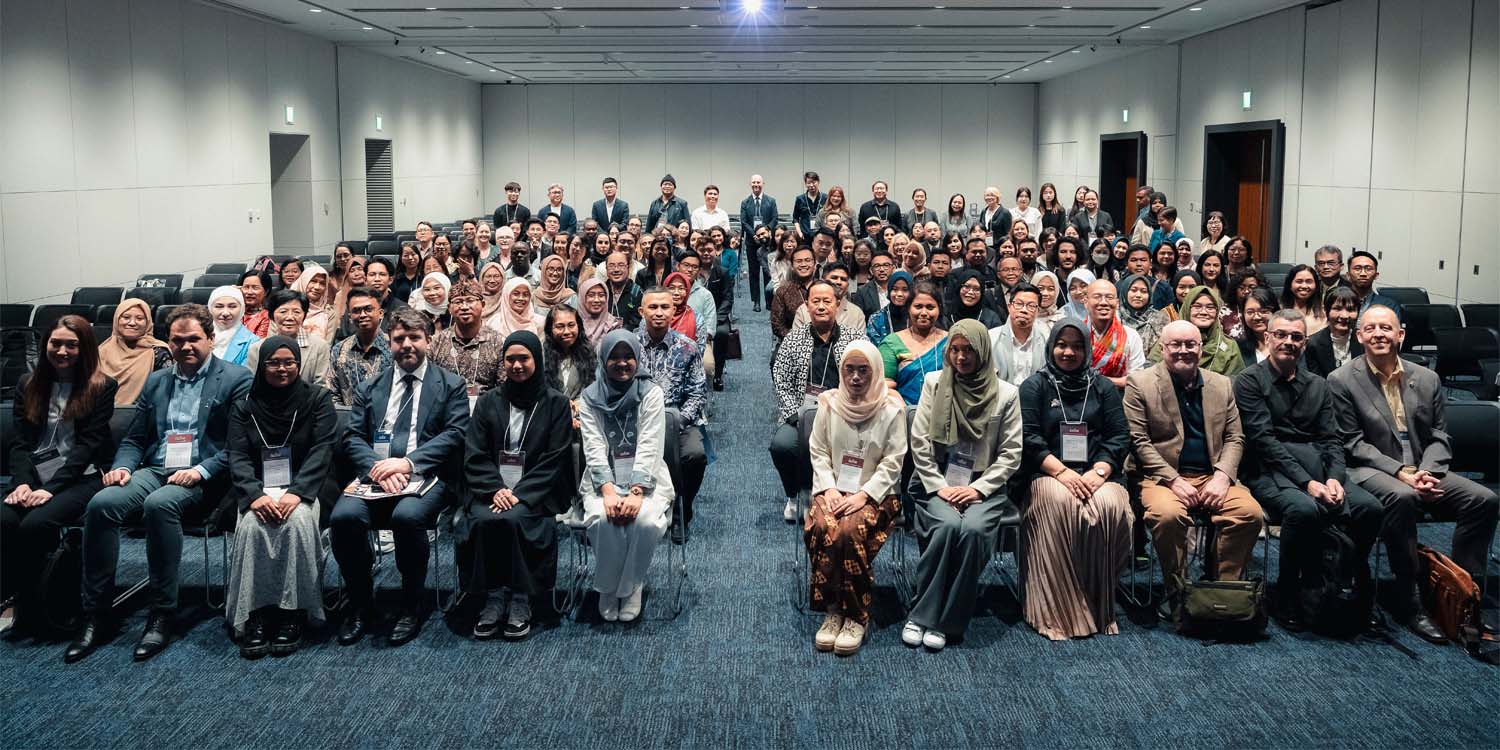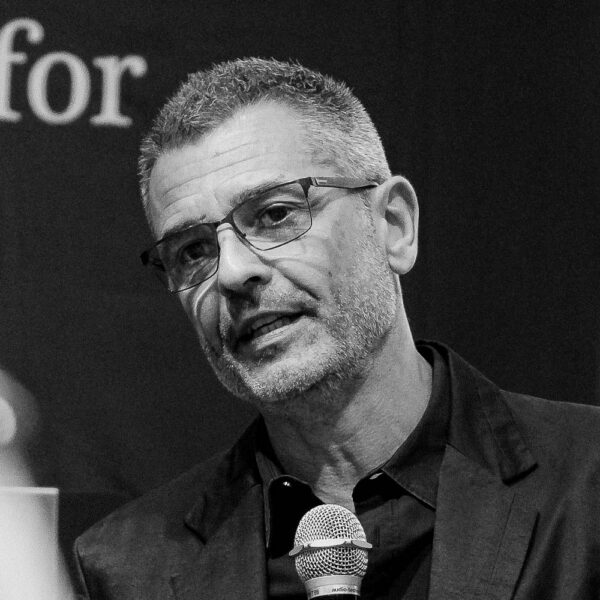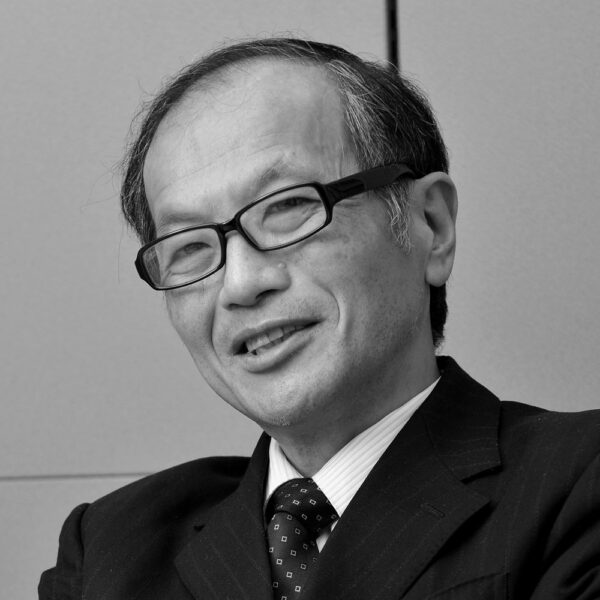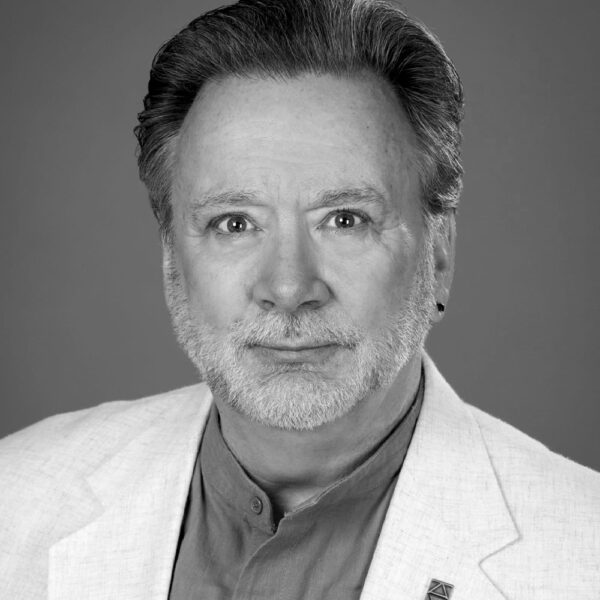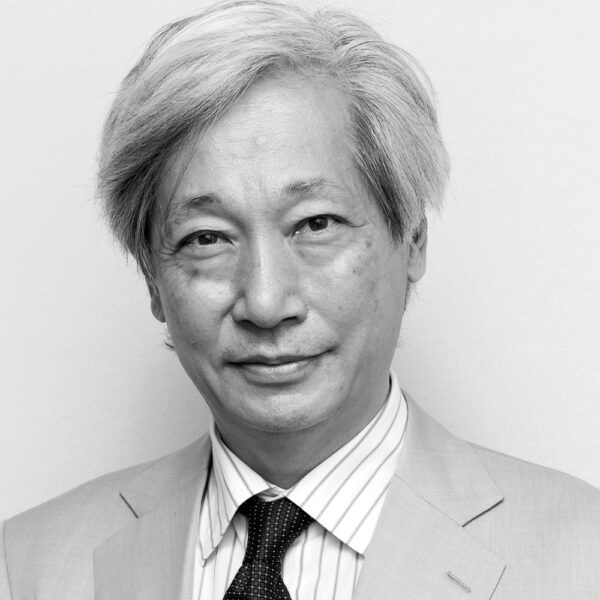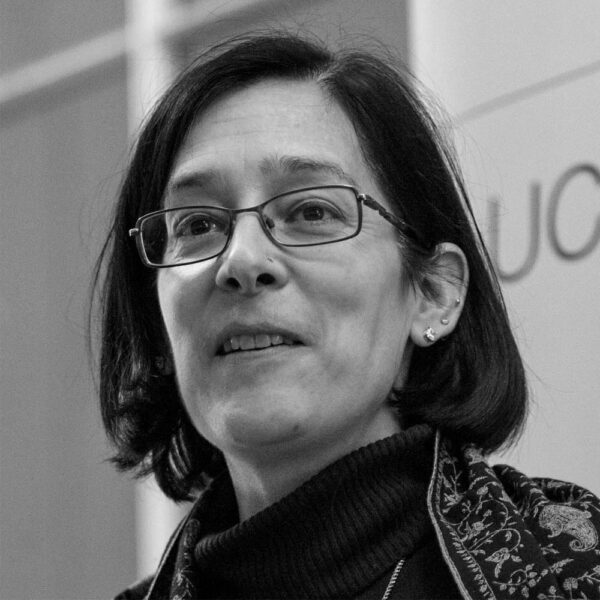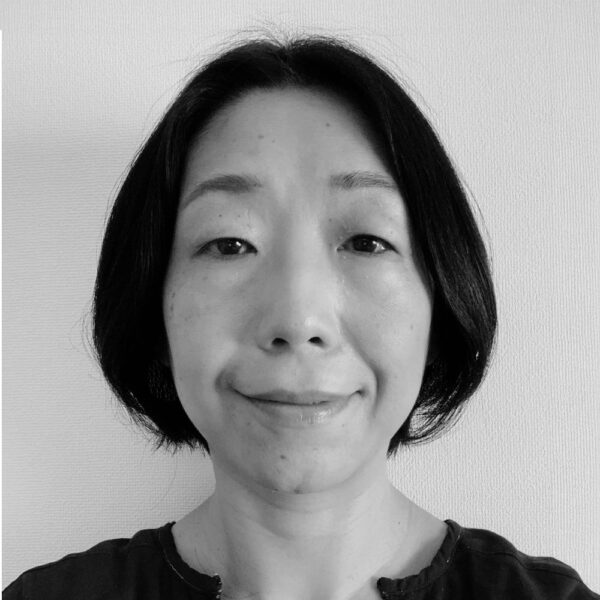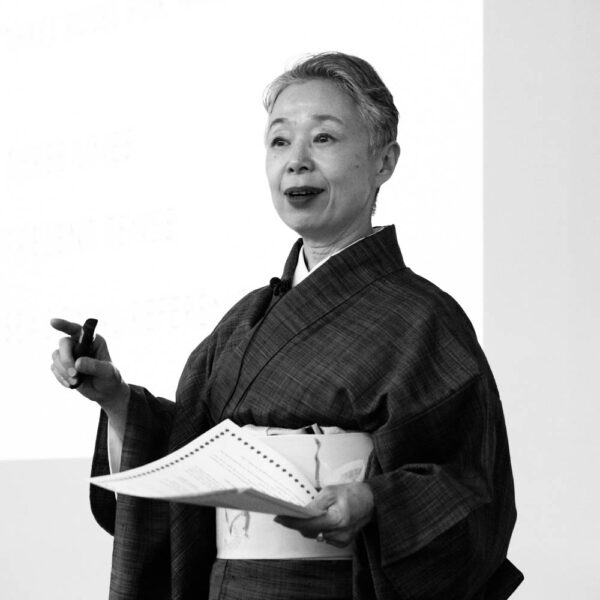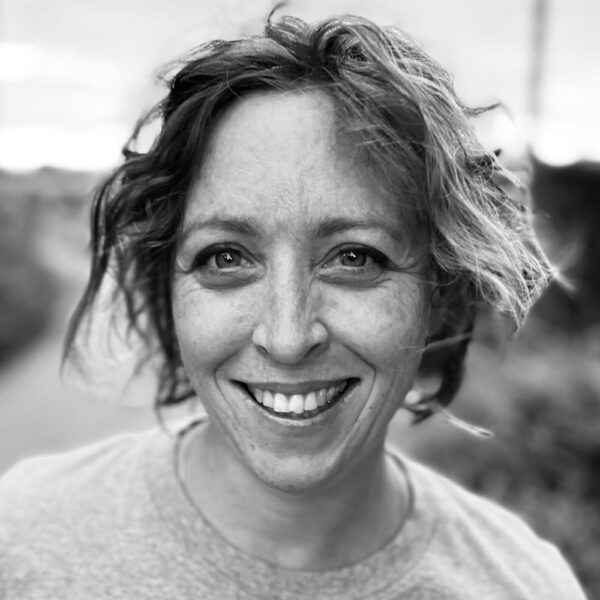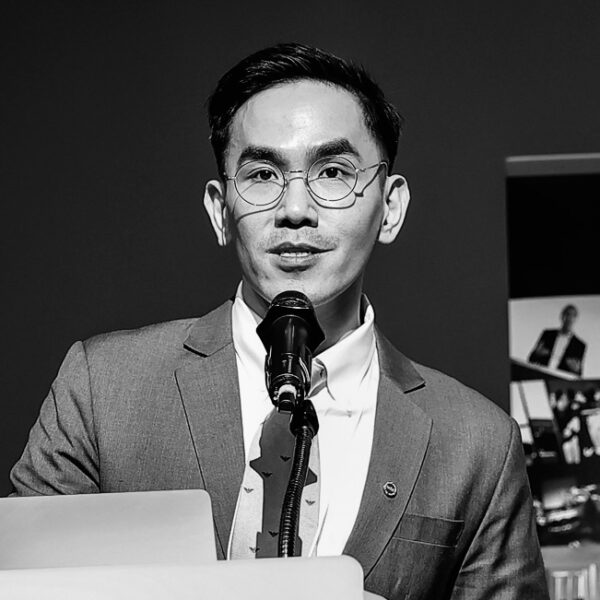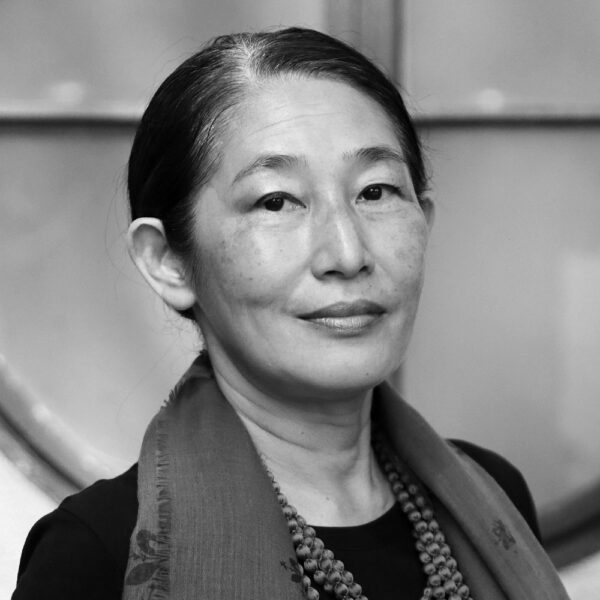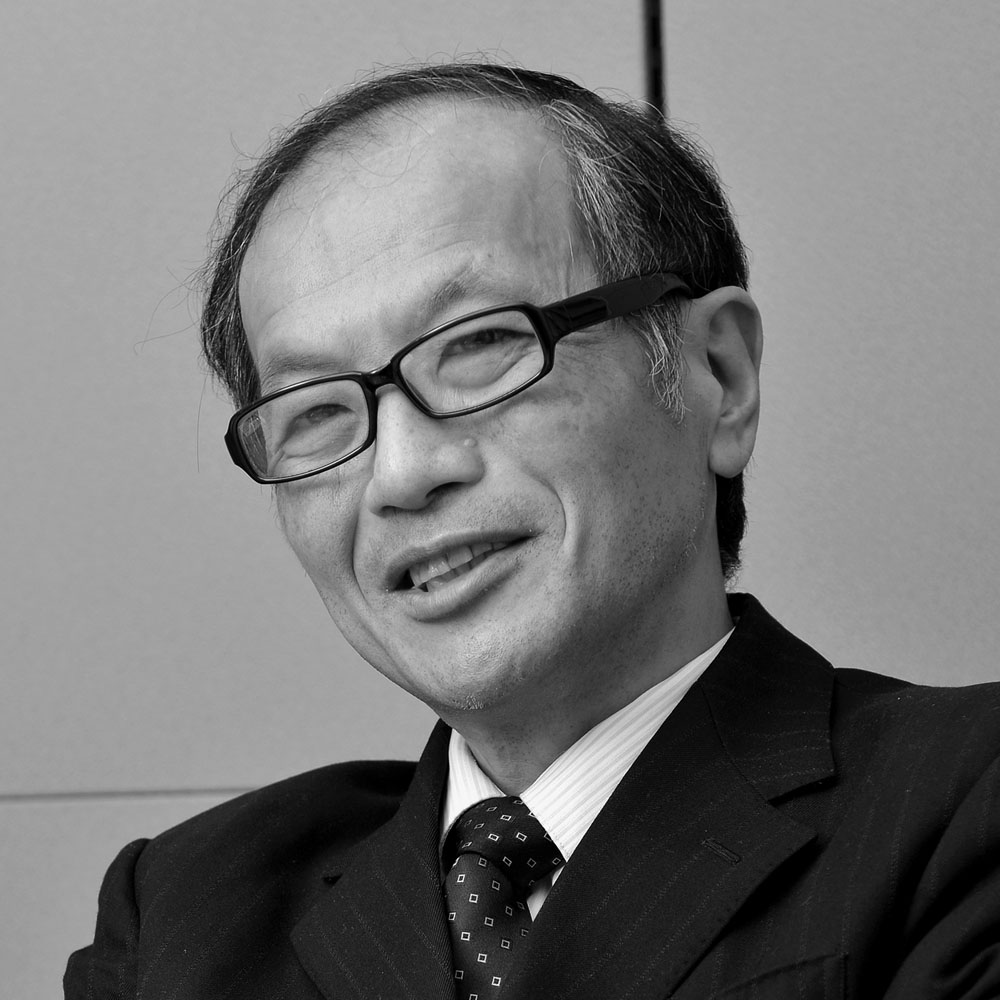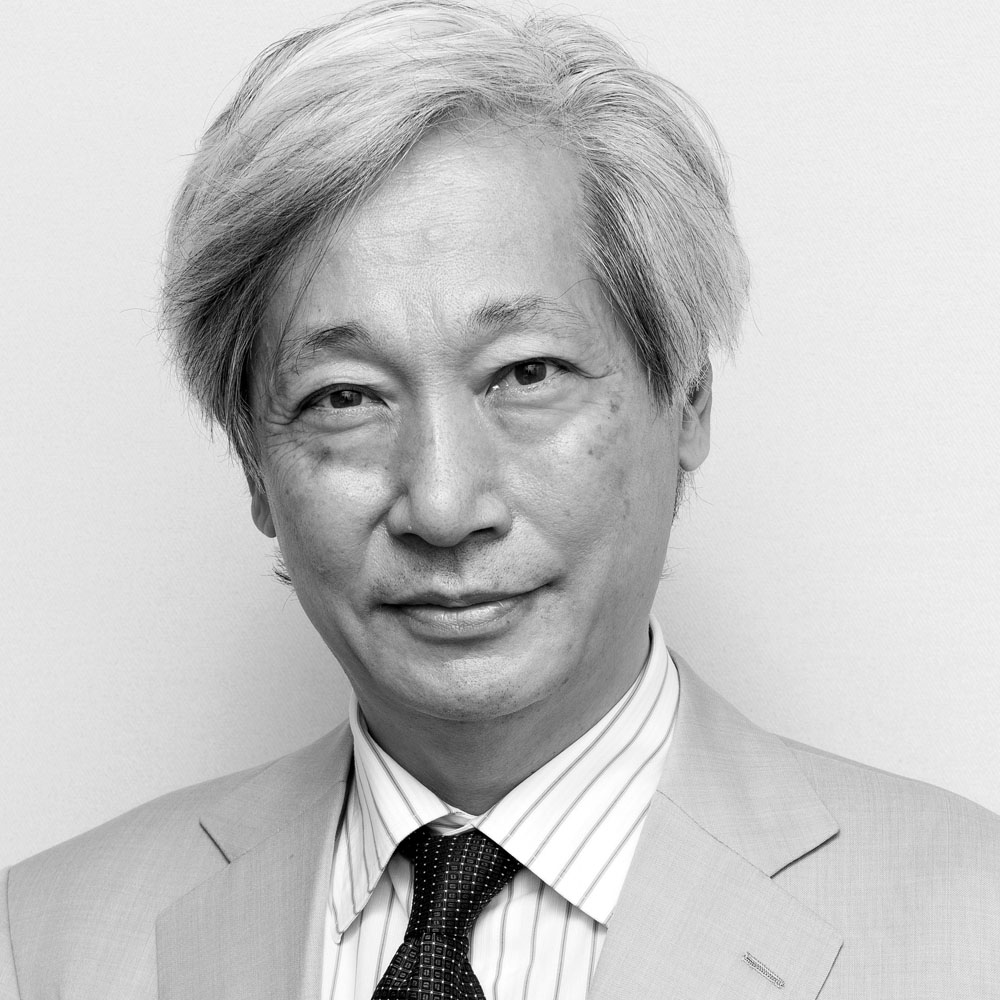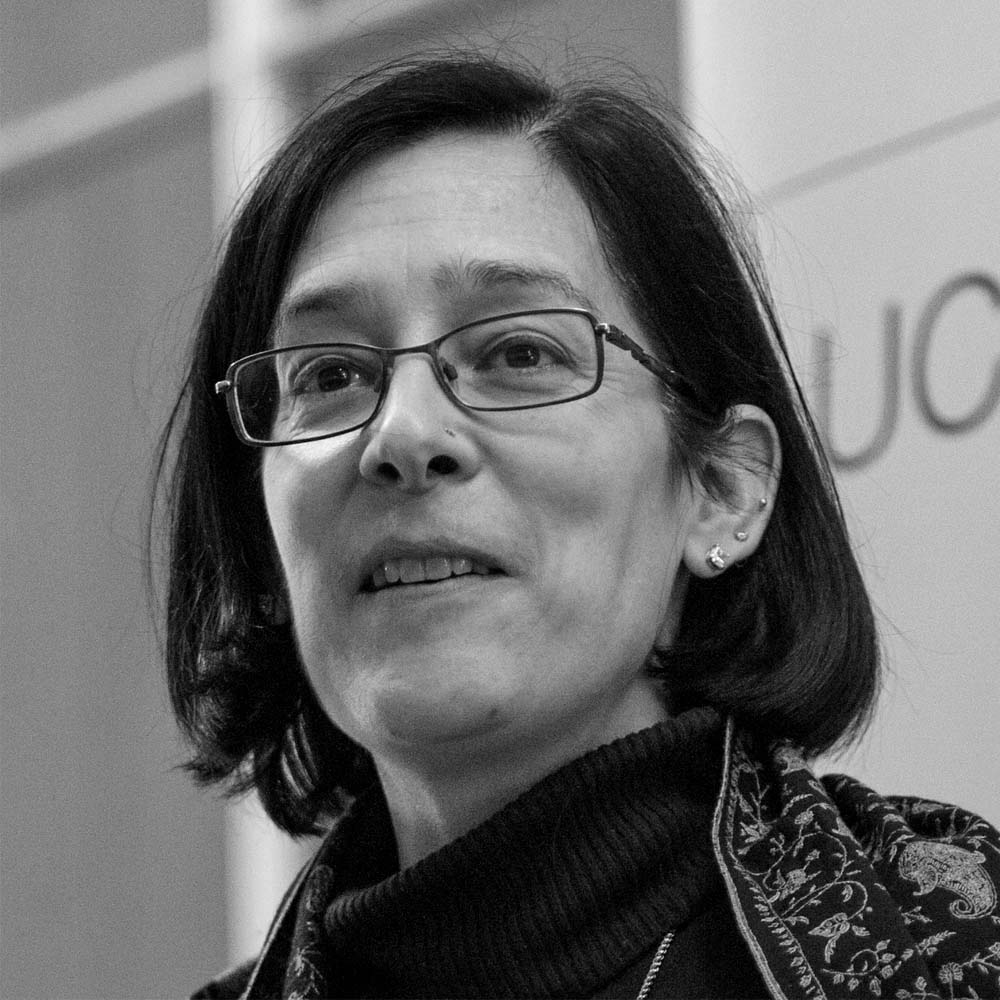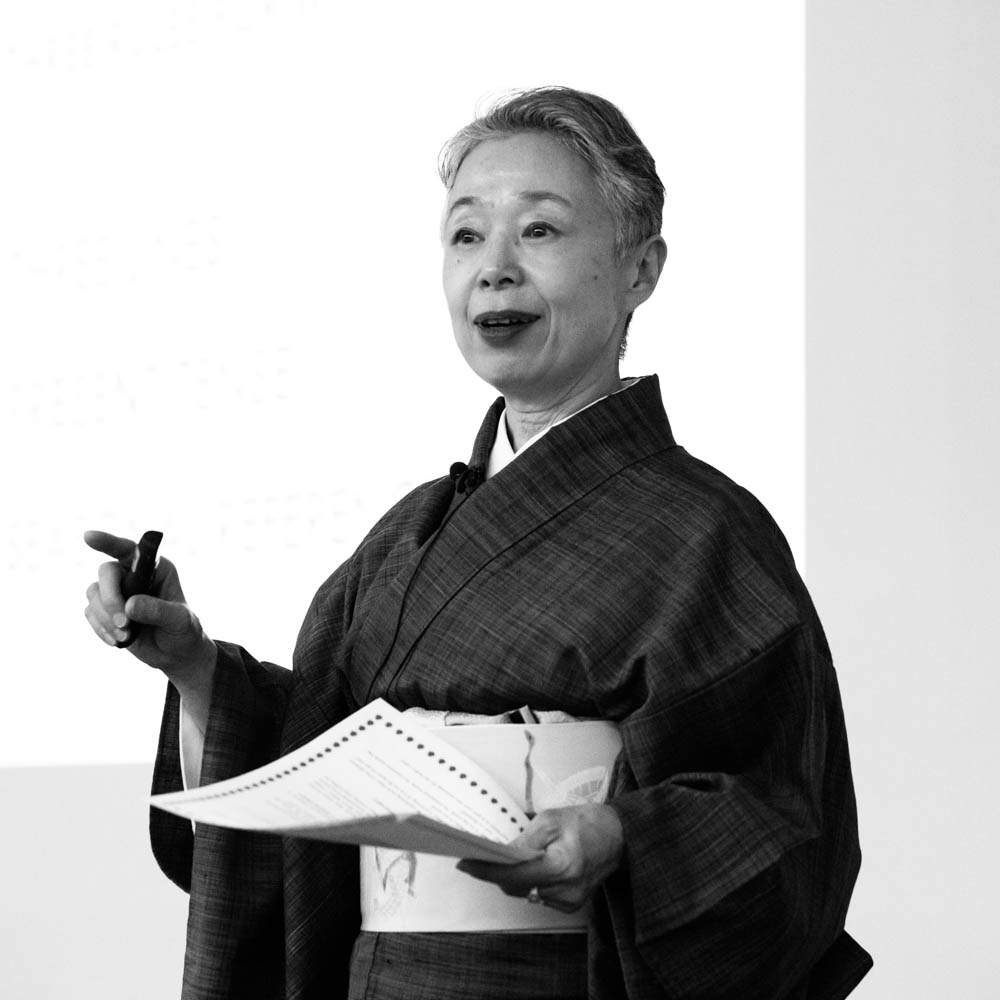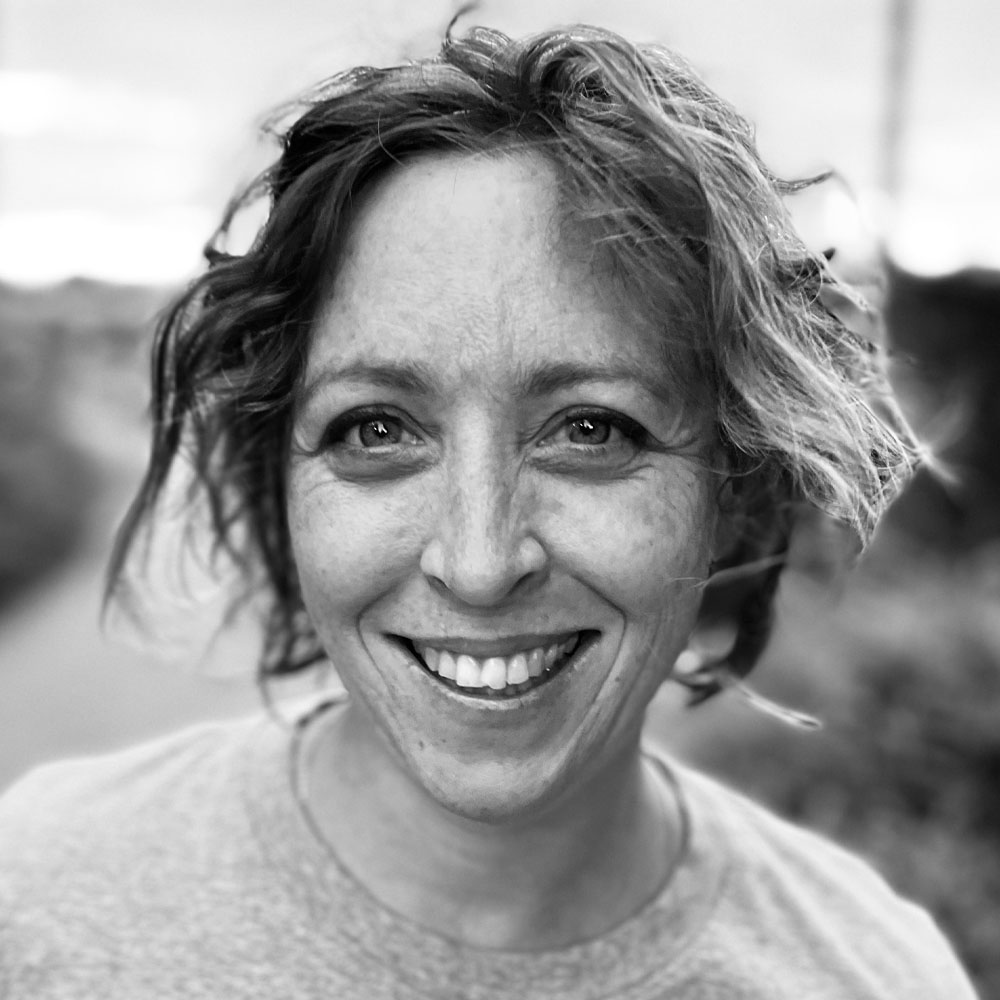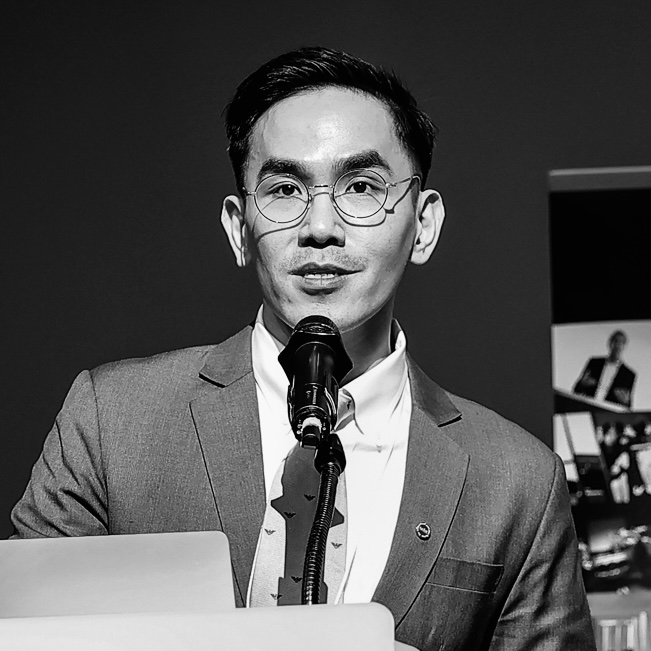ACAH2025
May 11-16, 2025 | Toshi Center Hotel, Tokyo, Japan, and Online
IAFOR’s May Conference Series, held in late spring in Tokyo, and brought together conferences in the Arts and Humanities (ACAH2025), Social Sciences (ACSS2025) and Cultural Studies (ACCS2025), including 570 delegates from more than 50 countries!
The International Academic Forum’s events are a celebration of the international, intercultural, and interdisciplinary, and made possible by the great diversity of attendance from around the world. They are unique, comparative, and contrastive intellectual spaces for exchange and engagement, and allow us to learn from each other in an environment of scholarly collaboration and conviviality.
Programme
-
Swimming Together: World-Making with Everyday PracticesKeynote Presentation: Rebecca Olive
-
Peace Education in Times of ConflictPanel Presentation: Umberto Ansaldo, Jun Arima, Kiichi Fujiwara
-
Harnessing Technology and Artificial Intelligence for Displaced Population EmpowermentPanel Presentation: Fan Li, Souzan Housseini
-
Turning the Faucet to Full: Expanding the Use of Bormann’s Symbolic Convergence Theory (SCT) in Asian Humanities, Social Science, and Cultural Studies ResearchKeynote Presentation: Thomas G. Endres
-
Global Citizenship: Cultivating a Culture of PeaceForum Discussion: Apipol Sae-Tung, Umberto Ansaldo
Speakers
-
Umberto AnsaldoVinUniversity, Vietnam
-
Jun ArimaUniversity of Tokyo, Japan
-
Thomas G. EndresUniversity of Northern Colorado, United States
-
Kiichi FujiwaraJuntendo University, Japan
-
Suzan HusseiniWaseda University, Japan
-
Marie LallUniversity College London, United Kingdom and Keio University, Japan
-
Fan LiStanford Social Innovation Review, Japan
-
Emiko MiyashitaHaiku International Association, Japan
-
Rebecca OliveRoyal Melbourne Institute of Technology University, Australia
-
Apipol Sae-TungIAFOR, Japan
-
Kyoko UchimuraHaiku International Association, Japan
Conference Committees
The International Academic Board (IAB)
Professor Anne Boddington, IAFOR, Japan (IAB Chair)
Dr Joseph Haldane, IAFOR & Osaka University, Japan, & University College London, United Kingdom
Professor Jun Arima, IAFOR & University of Tokyo, Japan
Professor Virgil Hawkins, IAFOR Research Centre & Osaka University, Japan
Mr Lowell Sheppard, IAFOR & Never Too Late Academy, Japan
Professor Umberto Ansaldo, VinUniversity, Vietnam
Dr Susana Barreto, University of Porto, Portugal
Professor Grant Black, Chuo University, Japan
Dr Evangelia Chrysikou, Bartlett School of Sustainable Construction, University College London, United Kingdom
Professor Donald E. Hall, Binghamton University, United States
Professor Brendan Howe, Ewha Womans University, South Korea & The Asian Political and International Studies Association (APISA)
Dr James W. McNally, University of Michigan, United States & NACDA Program on Aging
Conference Programme Committee
Dr Grant Black, Chuo University, Japan
Dr Thomas G. Endres, University of Northern Colorado, United States
Dr Joseph Haldane, The International Academic Forum (IAFOR), Japan
Professor Bradley J. Hamm, Medill School of Journalism, Northwestern University, United States
Professor Donald E. Hall, Binghamton University, United States
Professor Fan Li, LePing Social Entrepreneur Foundation & Stanford Social Innovation Review (SSIR), China
Professor James W. McNally, University of Michigan, United States & NACDA Program on Aging
Professor Sela V. Panapasa, University of Michigan, United States
ACAH2025 Review Committee
Professor Sara Abdoh, Benha University, Egypt
Dr SongÜl Aral, İnönü Üniversitesi MALATYA-TÜRKİYE, Turkey
Dr Venkata Ramani Challa, Presidency University, Bengaluru, India
Dr Timothy Chan, Singapore Institute of Management, Singapore
Dr Ling Sayuri Chen, International Research Center for Japanese Studies, Japan
Dr Mei-hsin Chen, University of Navarra, Spain
Dr Bianca Yin-ki Cheung, Lingnan University, Hong Kong
Dr Laurence Craven, American University of Sharjah, United Arab Emirates
Dr Nondumiso Gumede, University of Zululand, South Africa
Dr Joselito Gutierrez, University of Santo Tomas, Philippines
Dr Kris Ho, United International College BNU-HKBU, China
Dr Ikekhwa Albert Ikhile, University of South Africa, South Africa
Dr Navdeep Kahol, Government College, Dera Bassi, India
Dr Andrej Kapcar, Masaryk University in Brno, Czech Republic
Dr Derry Law, Saint Francis University, Hong Kong
Dr Rebecca Lind, University of Illinois at Chicago, United States
Dr Josit Mariya, Indian Institute of Information Technology, Kottayam, India
Dr Patrizia Palumbo, Columbia University, United States
Dr Ana Clara Roberti, University of Porto - CITCEM / Universidade Portucalense - CIAUD UPT, Portugal
Dr Valentina Rossi, eCampus University of Novedrate, Italy
Dr Jualim Vela, University of the Philippines Los Baños, Philippines
Dr Priyanka Yadav, Poornima University Jaipur Rajasthan, India
